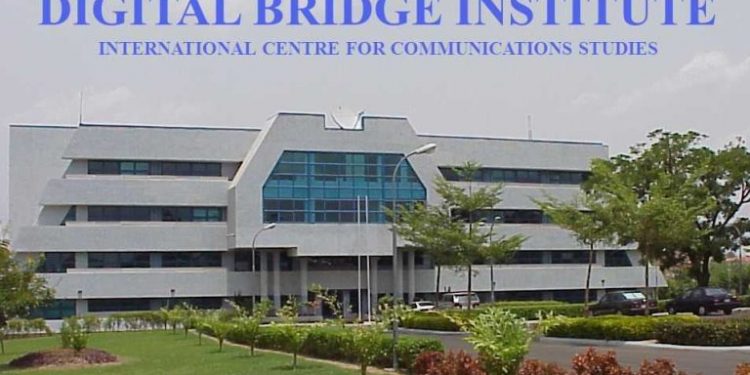In a strategic push to address youth unemployment and position Nigeria at the forefront of the global digital economy, the Federal Ministry of Communications, Innovation and Digital Economy has partnered with the Digital Bridge Institute (DBI) to launch Talent City—a nationwide initiative aimed at converting university campuses into innovation hubs and job creation centres.
The programme was unveiled in Lagos, where Minister of Communications, Innovation and Digital Economy, Dr. Bosun Tijani, described Talent City as a cornerstone of President Bola Tinubu’s plan to generate one million tech jobs. He stressed that the future of Nigeria’s economy lies in the hands of digitally skilled youth, adding that the private sector must play an active role in nurturing talent and creating the infrastructure for innovation.
“With a youthful population and global tech talent shortages, Nigeria can lead the next digital workforce revolution,” Tijani said, noting that the country has the demographic advantage and emerging digital ecosystem to compete globally.
At the heart of the Talent City initiative is a plan to convert idle or underutilised infrastructure across public and private institutions into centres of digital productivity. According to DBI President David Daser, these digital campuses will not only serve as training grounds for in-demand tech skills but will also offer a direct pathway to employment opportunities through partnerships with local and international companies.
“This is more than job creation—it’s about building a sustainable digital ecosystem that empowers young Nigerians and positions the country as a leading outsourcing destination,” Daser said.
Each Talent City campus will be equipped with high-speed internet, co-working spaces, incubation labs, and innovation studios. The programme also aims to foster a new generation of tech entrepreneurs by offering mentorship, seed funding, and access to a global network of investors and developers.
Beyond technical training, the programme is expected to promote digital literacy, soft skills, and entrepreneurship. Young Nigerians will have opportunities to explore fields such as software engineering, data science, cybersecurity, blockchain, artificial intelligence, and remote support services—all tailored to meet the demands of the local and global markets.
The initiative also seeks to bridge the disconnect between Nigeria’s formal education system and the evolving digital job market. Through strategic collaboration with universities, polytechnics, and technology firms, Talent City will offer industry-aligned training that ensures graduates are job-ready and globally competitive.
Stakeholders believe the programme has the potential to reduce Nigeria’s brain drain by creating attractive domestic opportunities for tech-savvy youth. In doing so, it could reverse the country’s reliance on foreign expertise and shift the narrative from talent export to talent retention.
As Talent City rolls out across the country, it will also serve as a blueprint for inclusive digital transformation—especially in underserved and rural areas. The goal is to create a balanced innovation landscape where every region can contribute to and benefit from Nigeria’s digital economy.
The Federal Government sees the programme as an investment in human capital that will not only boost employment but also drive economic growth, attract tech investments, and elevate Nigeria’s status in the global digital economy. In a time of rising youth unemployment and global digital expansion, Talent City stands out as a bold and timely response to one of Nigeria’s most pressing challenges.










